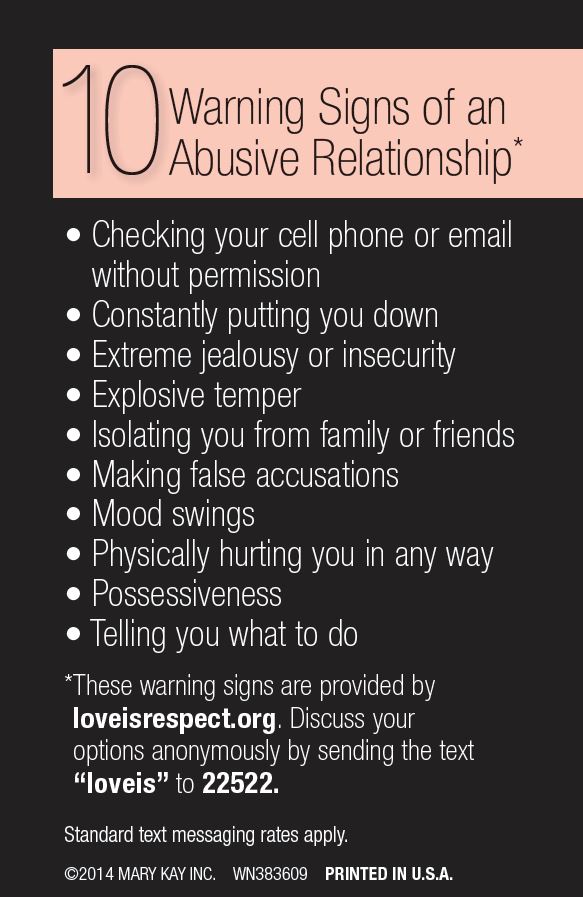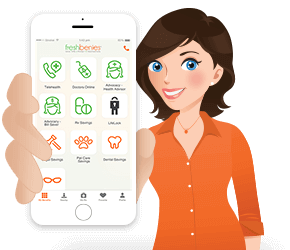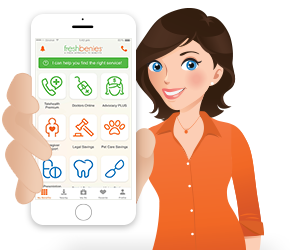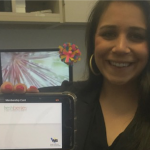ENDING DOMESTIC VIOLENCE: 3 WAYS YOU CAN HELP
Did you know it's Domestic Violence Awareness Month? It’s a topic that continues to need our attention and support. Here are a few stats compiled by the National Coalition Against Domestic Violence (NCADV) that may surprise you…
- On average, nearly 20 people per minute are physically abused by an intimate partner in the United States.
- In a single year, this equates to more than 10 million women and men.
- 1 in 3 women and 1 in 4 men have been victims to some form of physical violence by an intimate partner within their lifetime.
I am the 1 in the 1 in 3 statistic above. Twenty-one years ago, I made the decision to take my daughter (then almost 2 years old) and leave a marriage riddled with domestic violence. It wasn’t easy, but I was very fortunate to have a family who welcomed us home. For years, we were subjected to further abuse in the form of stalking, threats, and fear of the unknown.
Unfortunately, my daughter became another 1. As we helped her through her experience, we were amazed at how little had changed over the years. From the urgent care facility who refused to treat her “because there will be courts and things and we don’t want to get involved” to a detective who treated her like the criminal, making her question herself.
Based on the stats and my own experience, we all know someone who’s been a victim - even if you don’t realize it. I’m sharing 3 things we can all do to help change things for the better.
1. Get educated
Learn the signs of an abusive relationship and talk about them often. Once you’re educated, you could save a life simply by knowing what abuse looks like. Growing up, my life was pretty much sunshine and roses. Imagine my surprise after realizing I’d unknowingly slid into a classic abusive marriage. Would it have been different if I’d known what to look for? Who’s to say? But education is powerful. From our friends at Mary Kay and Love is Respect, below is a great list to help you and everyone you know learn some of the classic warning signs.

2. Speak up – but in the right way
Break the silence! While domestic violence is no longer the dirty little secret it used to be, for some reason, people still seem to act like you shouldn’t talk about it. But please know, the more it’s talked about, the more opportunity we have to stop the stigma and effectively work toward ending the cycles.
BUT, learn the right way to join the conversation. Asking questions like, “Was he like that before?” or “Didn’t you realize she was like that while you were dating?” essentially blame the victim. You never want to insinuate they should’ve figured this out and or that they should’ve been able to prevent it. I can honestly say, I was (and still am) an educated, intelligent, strong, independent person and I still found myself in an unbelievable situation.
Never say anything to justify a reason for the abuse. It’s not stress or a bad reaction due to a hot temper. Domestic violence abuse is about power and control. You’ve likely heard the saying, “No Excuse for Abuse.” Enough said!
3. Get involved
Too many people “don’t want to get involved.” This has to stop. What if you, your friend, or your daughter become the next 1? How much would it mean to you for people to step up? There are many ways to be involved that keep everyone safe. Here are a couple…
- Support your local domestic violence shelters, like Emily’s Place. Your support could be financial, donations of clothing and household items, or as a volunteer. In my current town, the closest possible safe place is almost 10 miles away. That may not seem far, but when your every move is monitored or you’re denied access to a vehicle and money, even that distance becomes a challenge many can’t overcome. Many more shelters are needed and so few have funds to grow. A local shelter recently shared with me that they had 2 vacancies and over 40 applications in one month. That means 38 victims were going to be turned away, many who would feel they had no other choice than to return to the abusive situation. It’s even harder when there are children involved.
- Write your elected officials about training for police, supporting bills and legislation for funding, and support for prosecution strategies. Our officials need to know this is something we care about and that we want to see changes implemented.
- Give, serve with or help promote programs that assist with healing for individuals who have left abusive relationships. One such organization is Stronger Than Espresso.
Domestic violence is non-discriminating. Regardless of race, age, social status or any other difference, anyone can become a victim at any time. It isn’t always physical. With a statistic like 1 in 3, the odds are frightening.
Sure, this is an uncomfortable topic. Yes, we would rather talk about positive, happy things. But not talking won’t bring the change that millions need.
National Domestic Violence Hotline at 1−800−799−7233
Now it’s your turn! Have you ever been impacted by domestic violence? How are you helping to end it? Comment below or email me at terri@freshbenies.com.
















